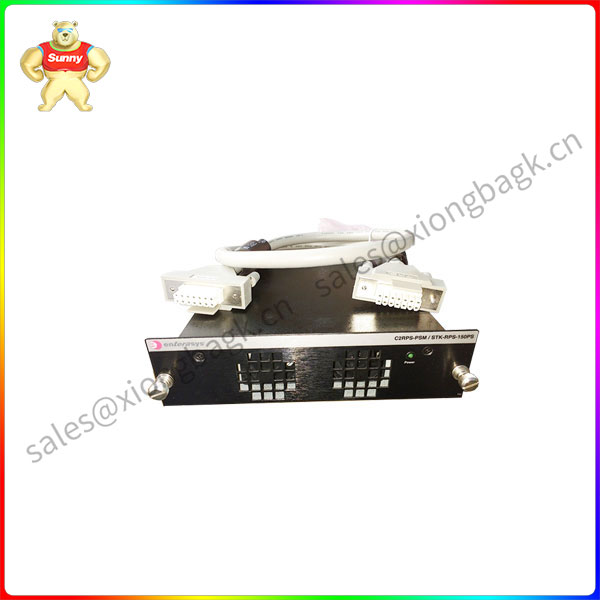With the acceleration of the construction of new infrastructure, the application of “5G+ industrial Internet” has accelerated.
In the high-end CNC equipment and intelligent manufacturing technology integration verification base of Shanghai Jiaoda Zhibang Technology Co., LTD., a CNC machine tool about 3 meters high and covering an area of about 15 square meters is humming. On the computer screen connected to the machine, the machine vibration amplitude curve is displayed in real time, which is one of the “5G+ Industrial Internet” applications, which can better monitor and verify the stability of the machine.
There are 38 sensors installed in the machine tool in the verification area of the production line. If the machine fails, the information collected by the sensors such as the vibration amplitude of the equipment changes. Jiang Hucheng, project manager of China Mobile (Shanghai) Industrial Research Institute, who participated in the relevant application deployment, said that these information are high-frequency data, a single sensor may produce several megabytes of data per second, and the data transmission needs to be complete and smooth without “packet loss”, and the characteristics of 5G network with large bandwidth and low delay can just meet the monitoring and verification needs of the production line.
Relying on the edge computing gateway and industrial edge computing management platform independently developed by China Mobile, the dynamic signal acquisition and analysis system filters the collected data through the gateway side, and then uploits it to the edge computing cloud platform for analysis and processing in real time through the 5G network.
There are many “5G+ Industrial Internet” applications in this factory of about 10,000 square meters: the three AGV cars connected to the 5G network can automatically pick up, handle materials and send products for inspection; The factory introduces the digital twin system to reflect the operation of some production lines in real time; The camera connected to the 5G network collects the factory scene in real time and uploads it to the security platform to remind relevant personnel to wear safe clothes in time. With the introduction of the enterprise private network, the two factories located in Shanghai Lingang and Zaozhuang, Shandong Province, can achieve video communication with a delay of milliseconds.

STK-RPS-150PS P0973BP
Data show that at present, Shanghai has promoted more than 300 enterprises in key fields such as integrated circuits, biomedicine, automotive, iron and steel chemical industry, aerospace and aviation to innovate industrial Internet applications. In the next three years, Shanghai will build 10 “5G+ industrial Internet” pilot applications.
Yu Xiaohui, vice president of the China Academy of Information and Communications Technology, said that China’s industrial Internet application coverage in vertical industries is more comprehensive, and the industrial Internet application model and characteristic path have gradually formed. For example, the equipment and electronic home appliances industry focuses on equipment asset management and production process control, and the raw material industry further focuses on equipment management and resource allocation optimization.
Tang Shuilong, digital director of Shanghai Jiao Tong University Zhibang Technology Co., LTD., said that “5G+ industrial Internet” has a broader space for development. The main business of Zhibang is the research and development of intelligent processing and manufacturing equipment, digital production lines and smart workshops for automotive powertrains, but applications such as “5G+ CNC machine tools” and “5G+AGV” can be deployed in more manufacturing fields.
“In addition, with the support of the industrial Internet platform and industrial public service platform, the specific needs of enterprises to reduce costs and increase efficiency, and their latest products and solutions can be shared in a timely manner.” This will not only help more smes find new business opportunities, but is also expected to improve or even subvert traditional industrial production processes and help industrial upgrading.” Tang Shuilong said.
China’s intelligent manufacturing “ecosystem” is constantly enriching and expanding. The data disclosed at the “2020 Global Industrial Intelligence Summit” held in Shanghai in July shows that the five top nodes of China’s industrial Internet identification analysis continue to operate stably, the number of registration of logos exceeds 4 billion, more than 70 platforms with regional influence in the industry, and more than 600 cooperation projects under construction for “5G+ Industrial Internet” carried out by basic telecommunications enterprises and industrial enterprises.
Local government departments, enterprises, research institutions, schools and other cross-regional and cross-industry in-depth cooperation. For example, China Mobile (Shanghai) Industrial Research Institute and others participated in the construction of the Luoyang Integrated Industrial Internet platform, which carries the Internet convergence and sharing of industrial resources such as industrial equipment, systems, process parameters, software tools, enterprise business needs and manufacturing capabilities in Luoyang region.
Tang Shuilong believes that to promote the accelerated landing of “5G+ industrial Internet” applications, it is necessary to further improve the enthusiasm of the majority of small and medium-sized enterprises. On the one hand, cost reduction and efficiency increase is the biggest power source of enterprise technological transformation. On the other hand, relevant service and technology providers should also better address the concerns of smes about data security after “going to the cloud”.
 中文版
中文版




